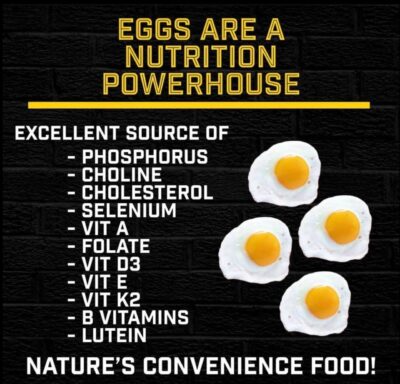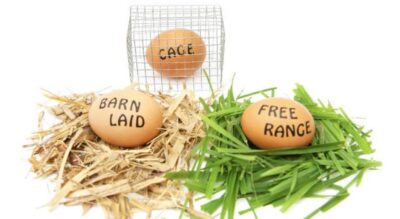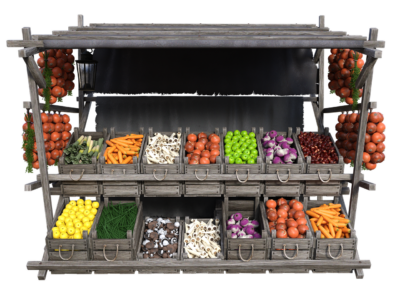On week 3 of the More Farmers More Food campaign we looked at chickens and the egg industry
In this Article...
Week 3 of the More Farmers More Food campaign is all about eggs.

Humans have scavenged and eaten animal eggs for thousands of years. Chickens were domesticated in South East Asia by 1500 BC era so their eggs could be harvested for food. The most widely consumed eggs are those of fowl, especially chickens. Most hens are productive layers for 2 years before they decline in production. It takes approx 25 hours for the egg to reach the vent for laying. During that time period, the yolk will grow larger while being surrounded by the egg white (albumen) wrapped in membrane and encased in a shell. The colour pigment is deposited on the shell in the last steps of the process.
These days it’s much more common to see a much more colourful variation of eggs in the shops. The shell colour is a breed characteristic. Most chicken breeds lay light to medium brown eggs. A few breeds lay white, dark brown, green, blue or cream/pink coloured eggs. It’s thought that a few centuries ago some chickens were bred with pheasants, who produce colourful eggs. The breeds that are known for laying blue eggs can be crossed with brown egg laying chickens. The resulting offspring should lay green eggs. Egg colour is only “skin deep” as they’re all the same inside!
So what do the red numbers stamped on the eggs mean? Since 2004 an EU regulation has made it mandatory for commercially produced eggs to be stamped with a number indicating the farming production method. This allows consumers to distinguish between them. In 1988 the UK egg industry was decimated by claims of salmonella by an MP. This resulted in stricter testing standards, the introduction of the British lion stamp and salmonella vaccination for hens. One of the many benefits of owning your own hens is that you control what goes into the hen’s body and therefore the quality of the eggs produced.
The farm to table process for eggs consists of 4 main areas of production:
Caged hens
Barn hens
Free range hens
Organic hens
The main difference to the consumer… is the price. The main difference to the hen is the welfare and quality of life!
Some people choose to keep their own hens. Ultimately It’s all a matter of choice and it’s really up to you to decide which method is ethically right. We’ve become so detached from where our food comes from that maybe it’s time to start questioning things and taking action regarding our own food needs. Or you could choose to support a small farmer or someone who sells eggs from their gate.
We looked at the nutritional value of eggs. As mother nature’s superfood, eggs have been part of our diet since the dawn of time. Loaded with 13 essential vitamins and minerals, only now are we learning the full extent of the nutritional wonders they pack and the health benefits. 60% of the high quality protein can be found in the egg white while the yolk contains the rest, along with vital healthy fats and antioxidants. 2 eggs contain 82% of your vitamin D, 50% of your daily folate requirements, 25% of your daily B2 requirements and 40% of your daily selenium requirements. Eggs also contain useful amounts of Vitamins A, E, B5, B12 as well as iron, iodine and phosphorus. They are a rich source of choline, which is essential for normal cell function and plays an influential role in brain and spinal cord development during pregnancy. Eggs help increase high-density lipoprotein (HDL) levels or “good” cholesterol, as it’s more commonly known.
Over the course of the week we gave you loads of information about hens, eggs and the industry they are a part of. We would love more people to own hens and produce their own eggs. Like a lot of food production systems that are carried out on a big scale, sadly most of their intentions are about profit and getting a food source into the supermarkets without much care about the nutritional content or the welfare of the animals, who are used as commodities.

If you would like any advice about owning hens, please just email us or reply on social media to the posts. info@the-pffa.org



